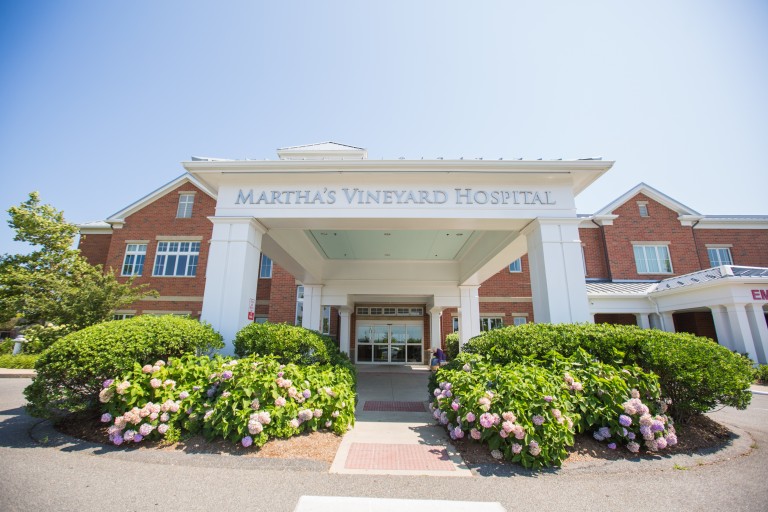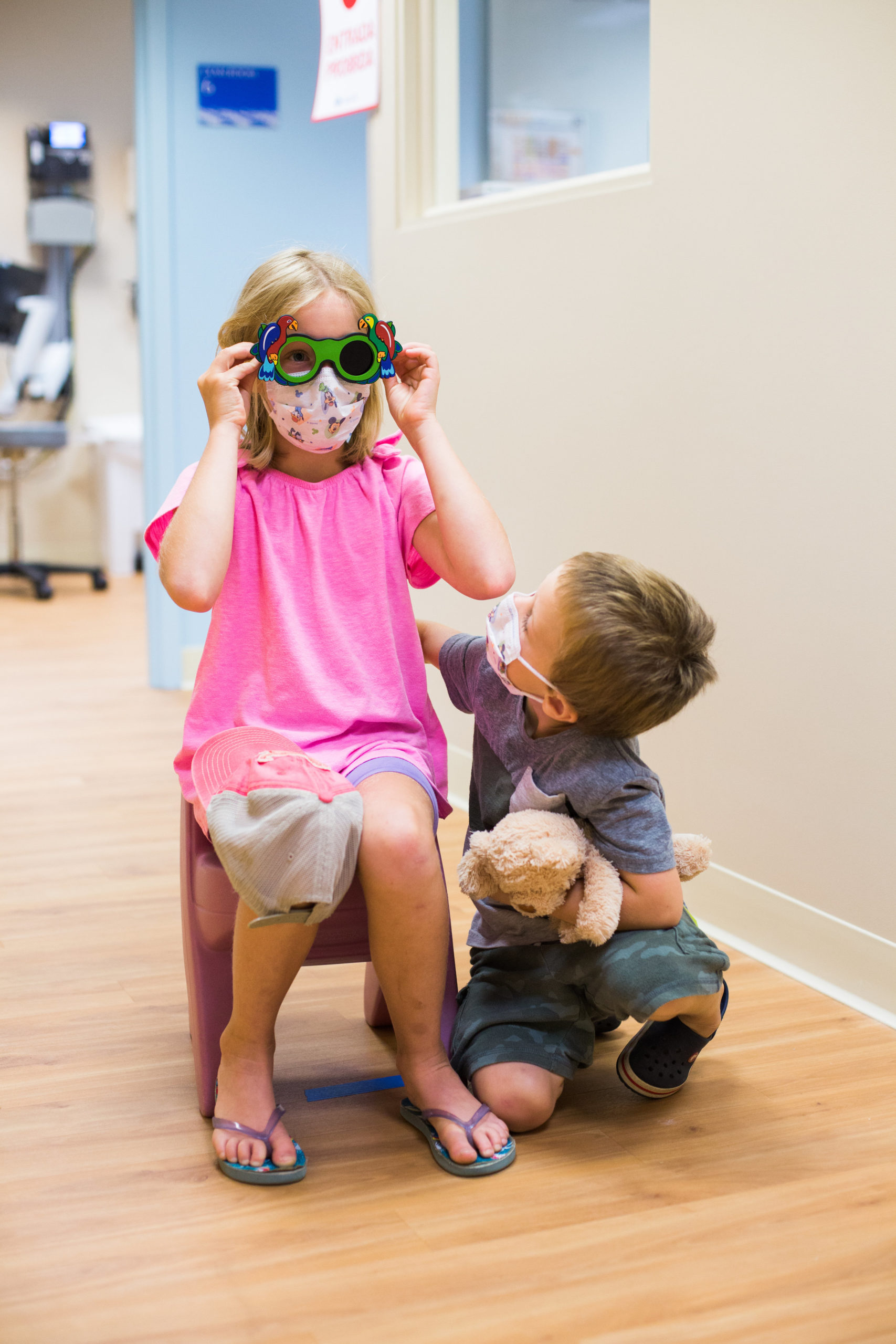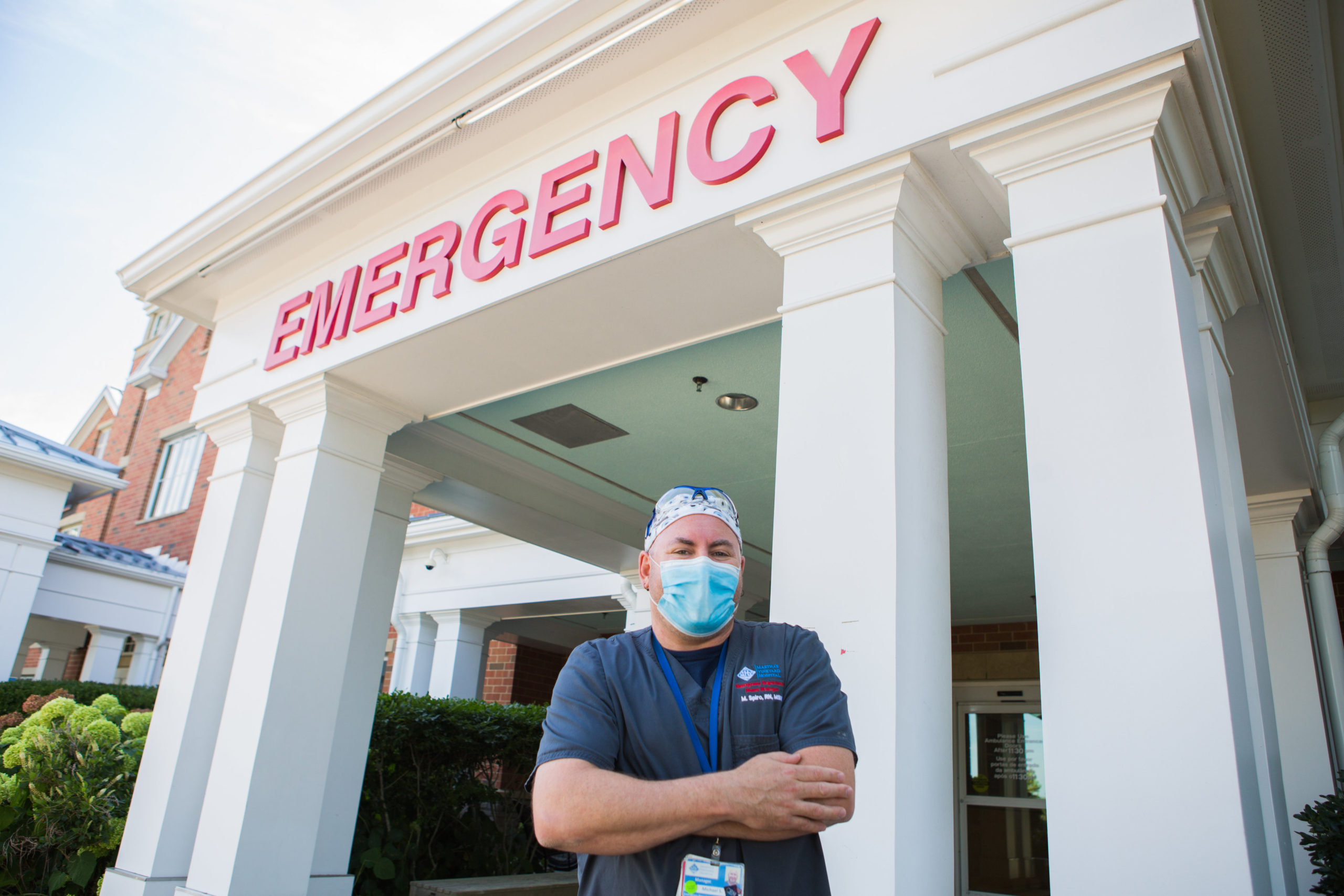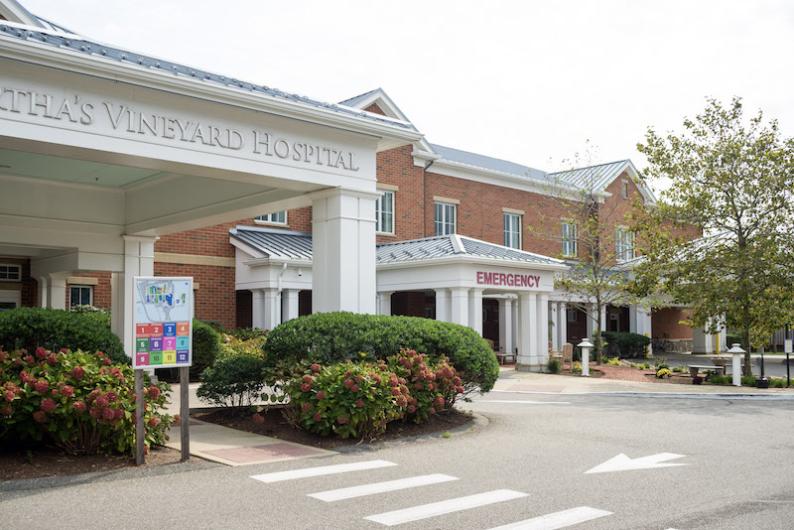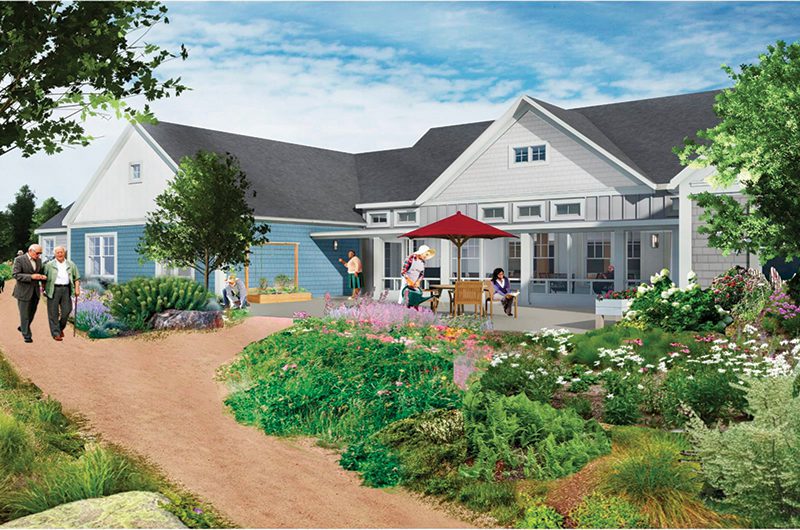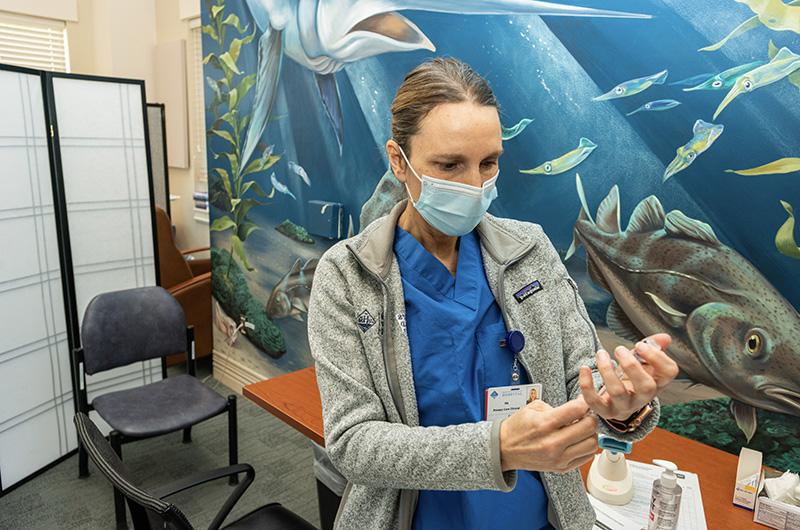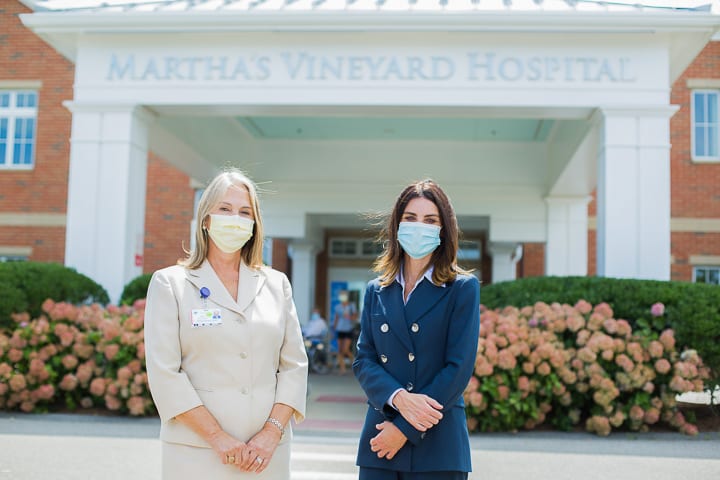We’re experiencing longer than normal wait times. Please plan your visit accordingly. LEARN MORE
- About Us
-
-
About Us
Martha’s Vineyard Hospital is a critical access, not-for-profit, community hospital on the island of Martha’s Vineyard. Committed to delivering high-quality healthcare to the community and its visitors, MVH provides acute, ambulatory, and specialty services either on-site or through its affiliation with Mass General Hospital.
-
-
-
- Patients & Visitors
-
-
Patients & Visitors
Patients and visitors can find most information relating to their visit to Martha’s Vineyard Hospital right here.
-
-
-
- Services & Providers
-
-
Services & Providers
Explore services available at Martha’s Vineyard Hospital.
-
Featured Services
Featured Providers
-
-
- Get Involved
-
-
Ways to Get Involved
Martha’s Vineyard Hospital and Windemere Nursing & Rehabilitation Center are committed to providing coordinated, comprehensive and equitable healthcare to our entire community.
Your partnership strengthens our standing as the leading healthcare provider for our island community.
-
Contribute
Participate
-
-
- Healing Spaces
-
-
Healing Spaces
At Martha’s Vineyard Hospital, we understand that healing extends beyond a patient and their medical care. As such, we make sure there are places throughout the facility that promotes healing for everyone.
-
-
-



